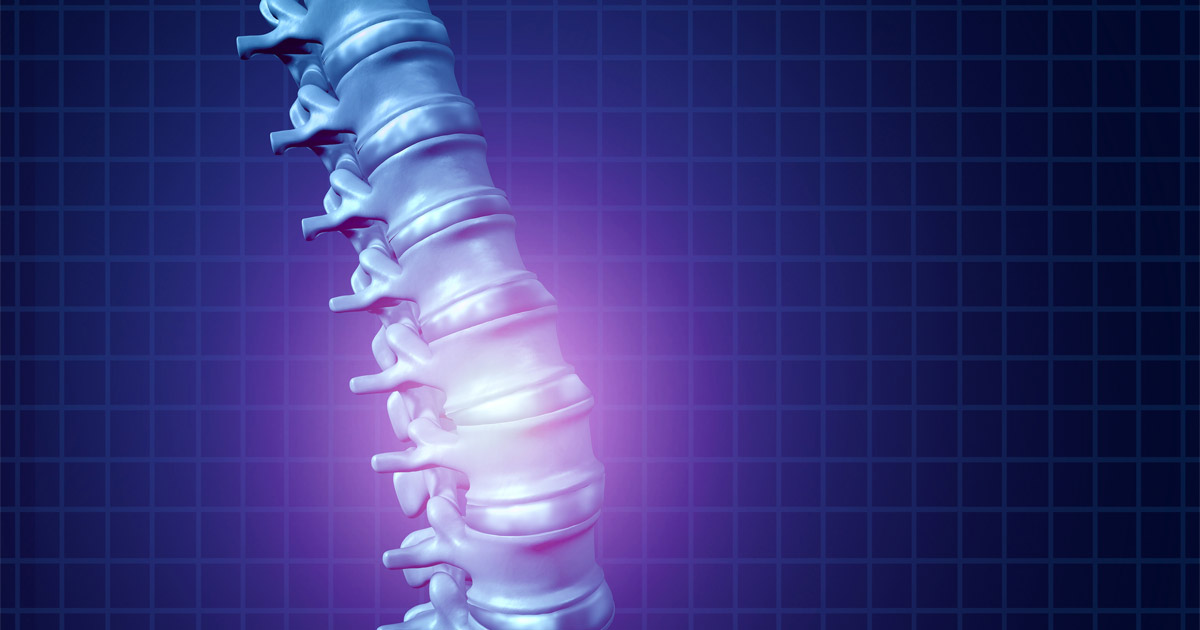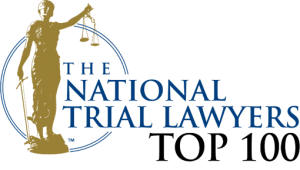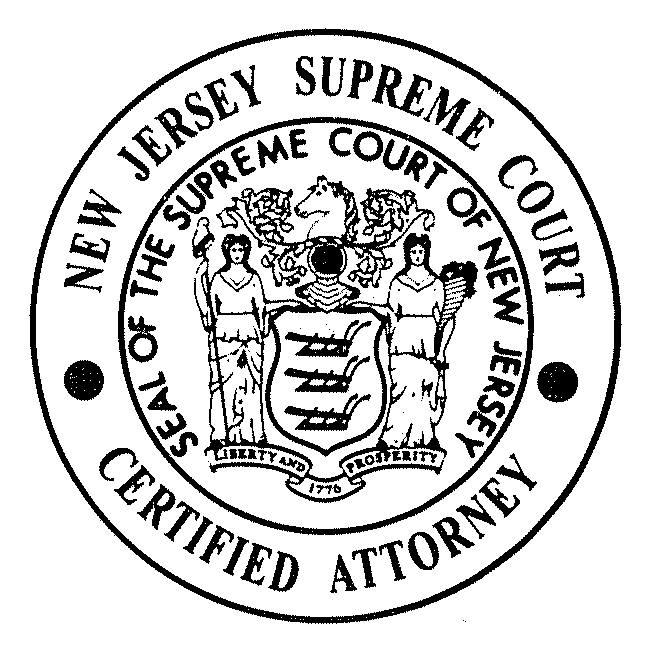
Car accidents are a leading cause of spinal cord injuries due to the intense force they exert on the body. These injuries can have long-term effects on mobility and sensation, making it crucial to understand the types of spinal injuries that can result from an accident. Below, we explain the most common spinal cord injuries caused by car accidents.
What Is the Difference Between Complete and Incomplete Spinal Cord Injuries?
Spinal cord injuries are classified as either complete or incomplete. A complete spinal cord injury occurs when the spinal cord is fully severed, leading to a total loss of function below the injury site. This means that the affected individual loses motor control and sensation below the point of injury, which can result in paralysis.
An incomplete spinal cord injury is characterized by partial damage to the spinal cord. In this case, some function remains below the injury site. The severity and level of function retained can vary, depending on the extent of the damage.
How Does Whiplash Impact the Spine?
Whiplash is one of the most common injuries in rear-end car accidents. It occurs when the neck is violently jerked forward and then snapped backward, causing strain on the cervical spine. Whiplash can damage the soft tissues in the neck, including muscles and ligaments, and in more severe cases, it can affect the spinal discs or even the spinal cord. Symptoms often include neck pain, stiffness, and headaches, but in some cases, whiplash can lead to chronic pain if not treated promptly.
What Is a Herniated Disc, and How Is It Caused by a Car Accident?
A herniated disc occurs when the soft inner portion of a spinal disc pushes through a tear in its outer layer. The force of a car accident can cause a herniated disc by compressing or twisting the spine. This type of injury commonly affects the lower back or neck and can result in pain, numbness, or weakness. A herniated disc can press on nearby nerves, potentially leading to more serious complications if the spinal cord is involved.
What Are Compression Fractures?
Compression fractures are small breaks in the vertebrae caused by extreme pressure on the spine, which can occur in a car accident. These fractures often affect the lower back and can result in pain, loss of height, or a hunched posture. While compression fractures are more common in older adults, younger individuals can also sustain them in high-impact crashes. Left untreated, they may lead to long-term complications, including chronic pain and spinal deformity.
What Is a Spinal Cord Contusion?
A spinal cord contusion is a bruise on the spinal cord that occurs when it is compressed or struck during an accident. Though less severe than a complete spinal cord injury, contusions can still cause pain, swelling, and temporary loss of function below the injury site. In some cases, these symptoms may resolve with proper medical treatment, while long-term complications may arise in others.
Can a Car Accident Cause Paralysis?
Paralysis is one of the most severe consequences of spinal cord injuries from a car accident. There are two types of paralysis commonly associated with spinal cord injuries: paraplegia and quadriplegia. Paraplegia involves loss of function in the lower body and typically results from injuries to the lower spinal cord. Quadriplegia, which affects all four limbs, occurs when the injury is in the upper spinal cord, especially in the cervical region. The extent of paralysis depends on the location and severity of the injury.
How Are Spinal Cord Injuries Diagnosed After a Car Accident?
Diagnosing a spinal cord injury requires a combination of physical exams and imaging tests. Doctors typically perform a neurological assessment to evaluate the patient's motor function and sensation. Imaging tests such as X-rays, MRIs, or CT scans are used to determine the exact location and extent of the injury, which is critical for developing an appropriate treatment plan.
What Treatment Options Are Available for Spinal Cord Injuries?
Treatment for spinal cord injuries often begins with immediate medical intervention to stabilize the injury and prevent further damage. Depending on the severity, treatment may include immobilization, medication to reduce swelling, or surgery to repair damage to the spinal cord. Rehabilitation, including physical therapy, is often necessary to help individuals regain mobility and independence after a spinal cord injury.
The New Jersey Car Accident Lawyers at Lombardi & Lombardi, P.A. Advocate for Spinal Cord Injury Victims
While spinal cord injuries can have long-lasting effects, timely medical care and rehabilitation offer the best chances for recovery. If you have suffered a spinal cord injury because of a car accident, you may be entitled to compensation. The New Jersey car accident lawyers at Lombardi & Lombardi, P.A. are here to help. Call us today at 732-906-1500 or fill out our online form for a free consultation. With our offices located in Brick, Freehold, Point Pleasant, and Edison, New Jersey, we proudly serve clients in the surrounding areas.














